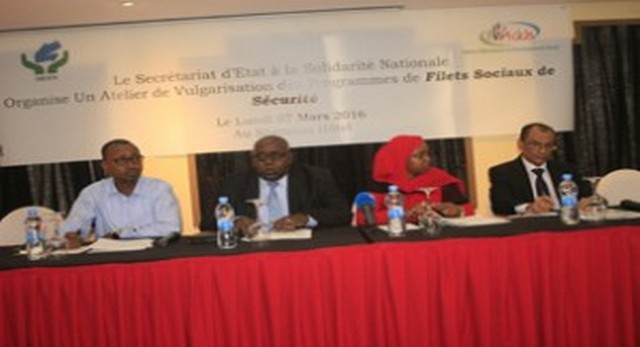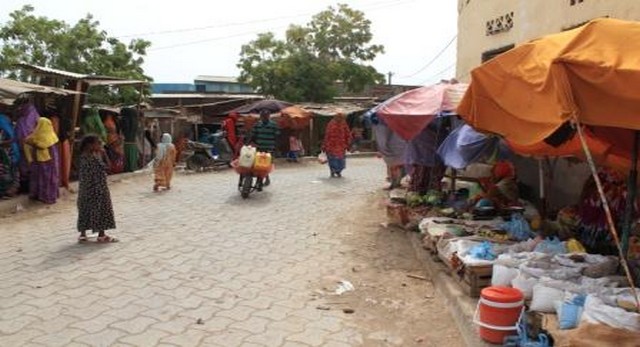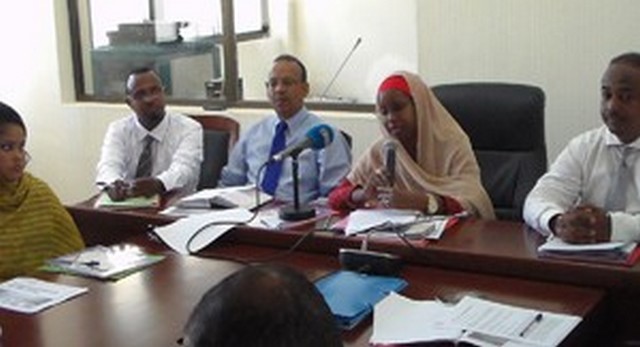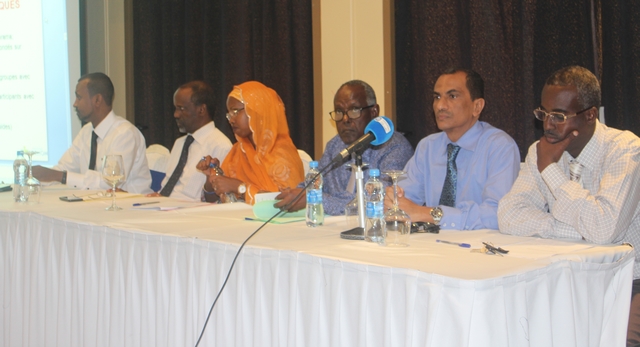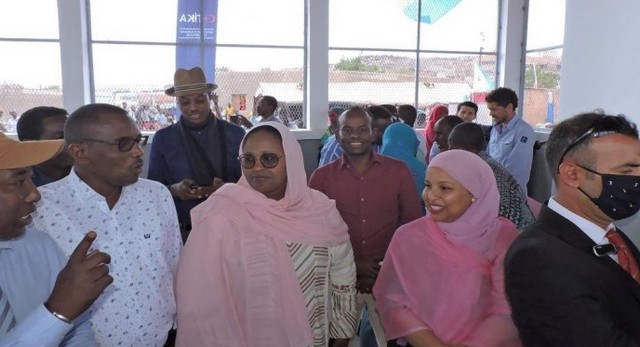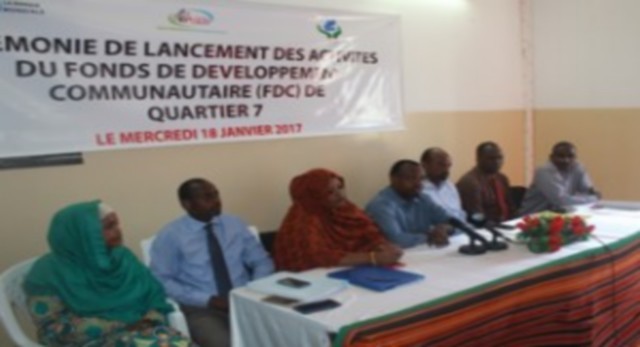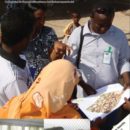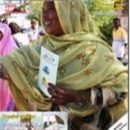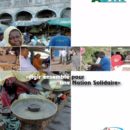Surrounded by the Program Officer of the Food and Agriculture Organization of the United Nations (FAO) in Djibouti, Mr. Abdoulkader Ismail, and the consultant FAO Kenya, IPC trainer and expert, Mr. Methode Niyongendawo, Agriculture Minister Ahmed Mohamed Ali yesterday at the official closing of the 6th Technical Analysis Workshop on Food Insecurity in Rural Areas in the Republic of Djibouti.
Under the auspices of the Ministry of Agriculture, Water, Fisheries, Livestock and Fisheries Resources (MAEPERH), this workshop, in conjunction with the Integrated Food Safety Classification Of its integrated food security classification, was organized by FAO at the Sheraton Hotel in Djibouti from 29 October to 5 November 2016.
For eight consecutive days, the seminar brought together some fifty participants from different sectors concerned with the issue, such as the regional councils and prefectures of the interior regions, the executive secretariat responsible for risk management and Disasters at the level of the Ministry of Interior, ONARD, ADDS, DISED, SEGRC, CERD, WFP, UNICEF, UNHCR, SOS Sahel, as well as organizations Such as EVA, Peace & Milk and the Agro-pastoral Association of Djibouti. Not to mention representatives of the two key partners in this case: the Ministry of Agriculture and FAO.
The closing ceremony was therefore an opportunity to present the provisional results of the work carried out during this week’s seminar. Concerning the workshop in question, which took place from 29 October to 5 November at the Sheraton Djibouti Hotel, it consisted of a three-day training course followed by a technical analysis workshop.
Namely that the IPC process launched in the Republic of Djibouti since 2011 integrates the involvement and collaboration of all governmental institutions concerned with food security and their regional branches, as well as international and local organizations and United Nations agencies .
According to the FAO, “the final conclusion on the current and projected food security situation in the Republic of Djibouti is made by technical consensus among the members of the Working Group, who base their analysis on a database compiled on the occasion of This workshop, following a collective effort to share, sort and consolidate data by the various partners in food and nutrition security. “
The same source also indicates that “the result sought is the updating of the map of food insecurity in the Republic of Djibouti, which was recently updated in October 2016. This map, from a technical point of view, A common classification of the severity and causes of food insecurity in Djibouti, and makes it possible to identify the populations concerned. It addresses gaps, improves the collection of data in an inclusive manner and the level of data desegregation. “
From a sociopolitical point of view, the IPC offers policy-makers a better visibility of the current situation with the aim of improving communication for action and guaranteeing the quality of projects under development. “

